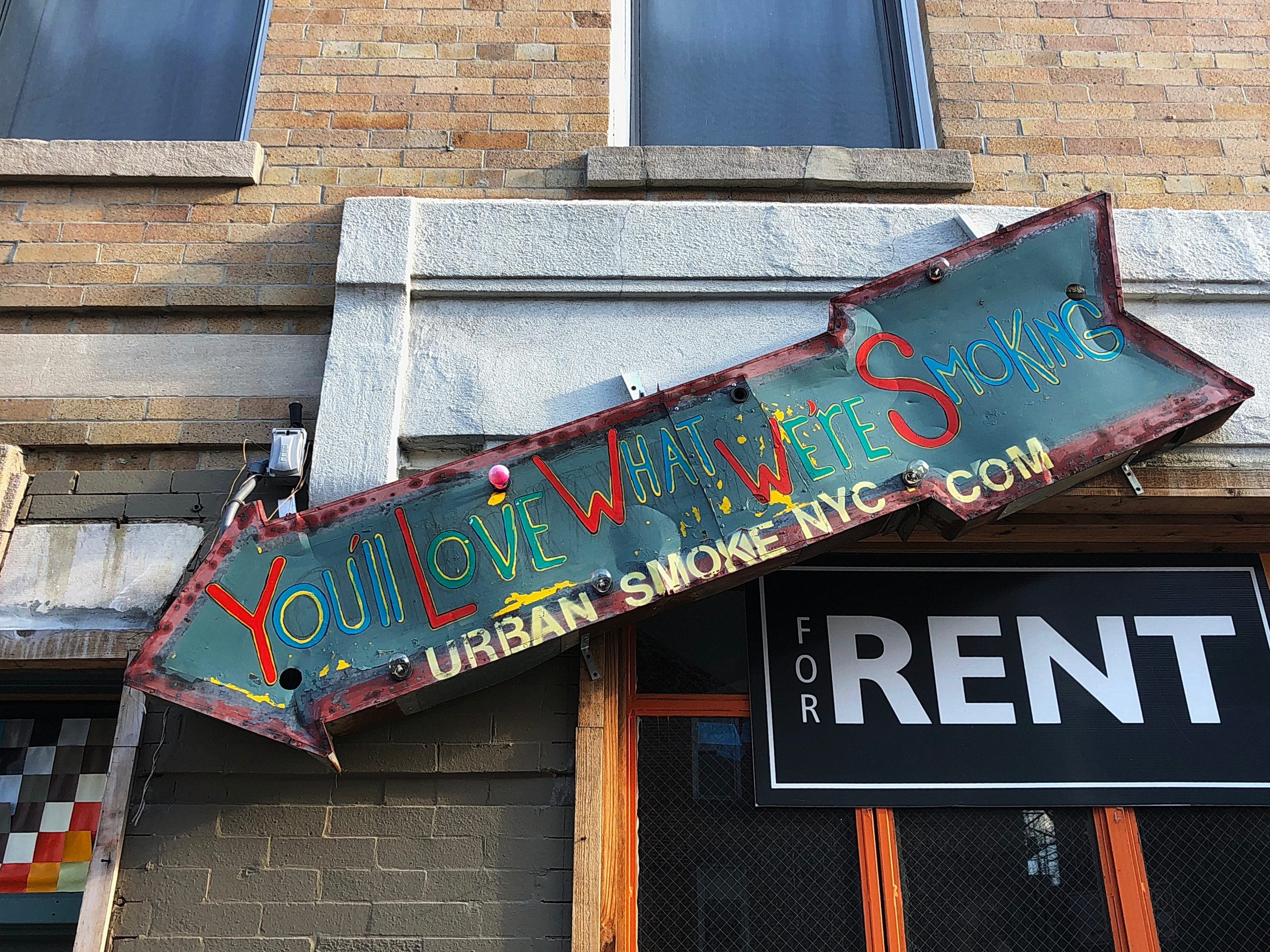In some countries, the owner’s taxation is not the same if he rents empty or furnished property: in Luxembourg, no difference makes one alternative more attractive than the other. However, even if this choice does not impact your taxes, you must think about the possibility of equipping – or not – your rental property: these few tips will help you make the right choices!
Similar taxation, with the possibility of depreciating furniture for a furnished apartment
The declaration of rental income (rents received during the tax year) takes place in exactly the same way (and gives rise to the same taxation) in “bare” and furnished housing. On the other hand, all owners can deduct depreciation from their overall income to reduce the amount of the tax burden. In the case of a furnished apartment, the investor can introduce the purchase of furniture into depreciation, which can reduce taxes over a very short period of time, and not significantly. The reflection around this question should not be oriented towards taxation: to know if it is necessary to equip your property, think about your future occupants and their needs.
“The reflection on this question should not focus on taxation.”
Find our ads on:
Know the rental demand before furnishing (or not) your housing
Once you have become the owner of a rental unit, ask yourself the question of people potentially interested in occupying it: are they students? Young actives? Families with children? Retired people? Of a rather well-off population or, conversely, generally modest?
In concrete terms, as soon as you approach a young and student audience (studio or two-room apartment close to transport and schools), you have every interest in furnishing your apartment, to make it more attractive. This target usually has neither the time nor the means to equip itself: he/she will appreciate renting a studio in which only personal belongings are necessary.
On the other hand, when you consider larger surfaces (3, 4 or 5 rooms) or when you target a population that is better settled in life, empty habitats remain privileged. In fact, an already fully equipped family will be in difficulty if they have to move into furnished accommodation, because they will certainly not want to get rid of all their furniture.
“An already fully equipped family will be in difficulty if they have to move into furnished accommodation.”
Furnished or empty: which investment offers the best returns?
To begin with, the rent for a furnished dwelling exceeds that of an empty dwelling with comparable characteristics (surface area, services, neighbourhood, etc.). Even if you have to spend more money initially to equip the rooms, you earn more in the long term.
Be careful, however, with maintenance costs, which can change the situation. Furnished apartments generate much more turnover than empty apartments. Rentals follow one another, and not all occupants are always respectful of the equipment… In short, you may see your maintenance costs increase to keep the apartment in good condition, not to mention that it will take more time and energy to find new people to sign a lease.
In the end, the choice between an empty or furnished rental depends essentially on the target of your home, as well as its surface area (it is easier to furnish a studio than a 5-room apartment). Identify the rental demand on your type of property to make the best decision.

